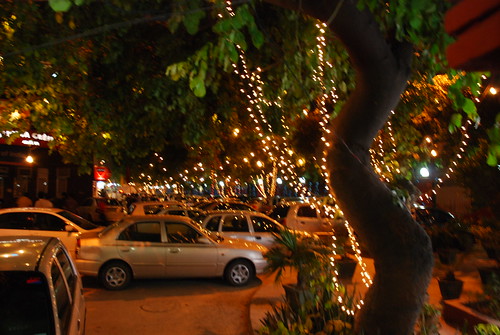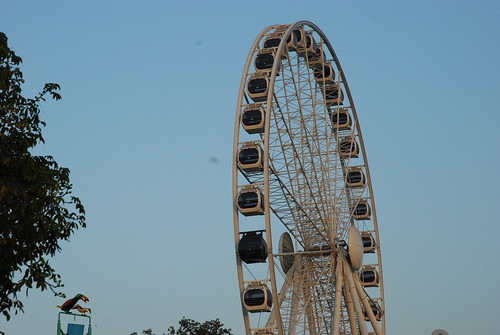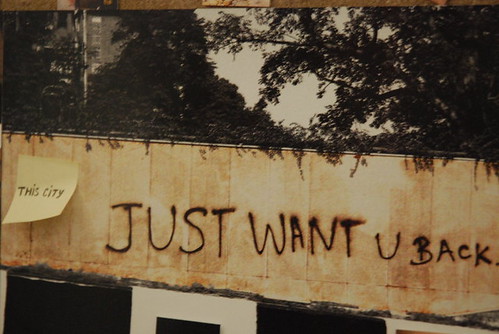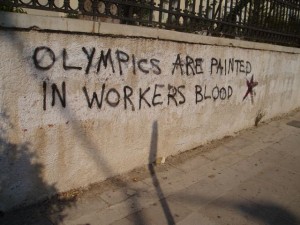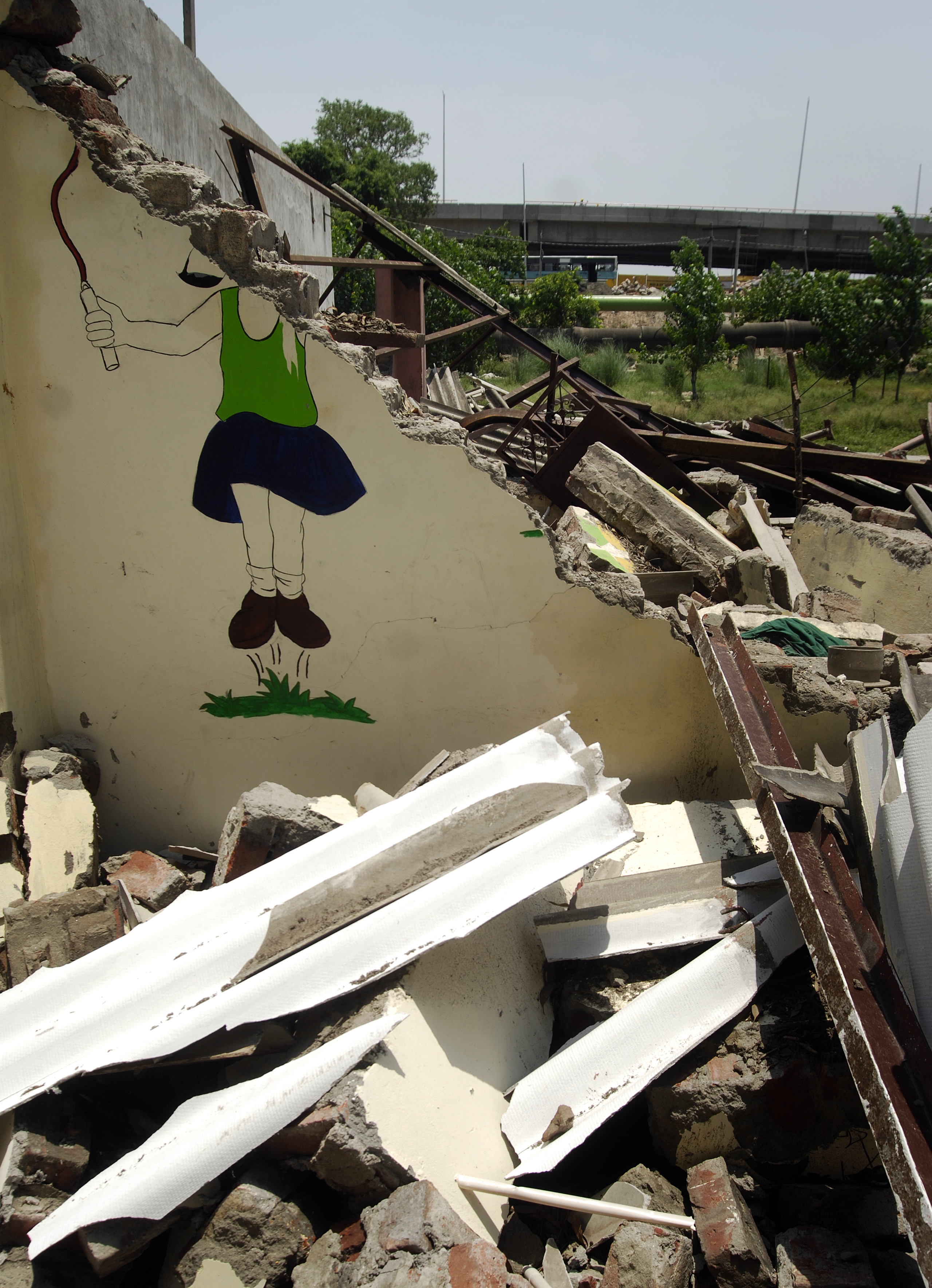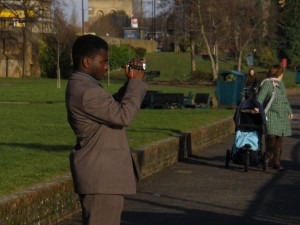Khan Market , New Delhi
The signs of regeneration are all over Delhi. Billboards proclaim ‘DELHICIOUSLY YOURS’ throughout the city, and it is. The pace of work completed between June and now are staggering – the air-conditioned metro, Delhi’s prize feature, works efficiently; lights decorate various hubs of tourist activity and promote a warm, festive atmosphere; and customs takes only ten minutes to get through, as opposed the the previous hour. These are the positive aspects of regeneration and they indicate how far India can go and how much could have been achieved minus the corruption scandals and the delays.
Walk a few metres away from all of this, however, and you are confronted again with real Delhi – unpaved streets, buildings fallen into disrepair and open sewers perfuming the air. There is no sign, however, of the customary wallahs – the newspapers are full of tales of people returning to collect suits from streetside tailors only to find they have been moved on; cigarette wallahs, barbers, fruit-sellers, as well as beggars and the homeless – all have mysteriously disappeared without trace or concern.
According to some Delhi residents affected by the migration, their maids and their families were simply told to ‘leave Delhi for twenty days’ – the duration of the Games and the days preceding and following. Those who did not comply willingly were forced; shacks burned up in inexplicable circumstances and not all dwellers were recompensed. It is an open secret in Delhi that many of the poor were herded to a large slum outside the city, but it has been made extremely difficult for activists and media workers to photograph or document it, and those living there who have tried to fight back have been effectively dissuaded.
Regeneration is a game, of course, even if its prizes do not glide by neatly on a conveyor belt, and so it follows that not everybody wins.
Click London Olympics for more blogs
See our Olympics project pages for more information and videos.
Or visit PlanA our general blog on urbanism, planning and architecture.
Spectacle homepage
Befriend Spectacle.Docs on Facebook
Follow SpectacleMedia on Twitter

